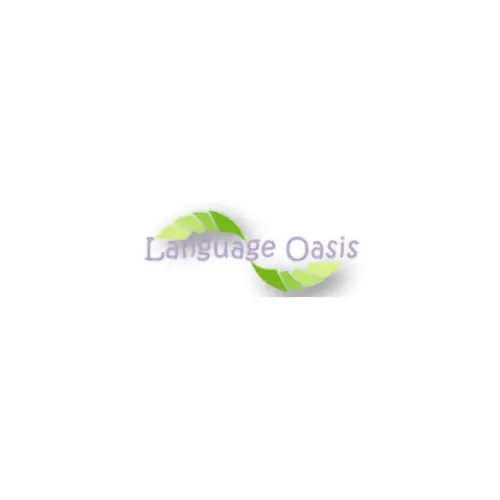In the increasingly interconnected era where people are crossing boundaries digitally and physically to grab new and more appealing opportunities, the need for accurate and legally binding document translations has surged. From immigration documents to legal contracts, ensuring that the translated version of a document retains its original legal weight is essential. Notary translation services play a pivotal role in this process, acting as a bridge between languages while maintaining the authenticity of the content.
- Precision in Translation:
Notary translation services are entrusted with the task of providing precise and accurate translations of various documents, including legal contracts, birth certificates, and academic transcripts. These translations must faithfully represent the source material in the target language to ensure legal validity.
- Certification and Notarization:
A crucial aspect of notary translation services is certification and notarization. When a document is translated, it is often attested to the accuracy of the translation by adding their official seal and signature. This notarized translation carries legal weight and can be presented as evidence in courts and government agencies.
- Legal Compliance:
Notary translators are well-versed in the legal requirements of different jurisdictions. They ensure that translated documents conform to the legal standards of the target country, making them admissible in legal proceedings, whether for immigration, court cases, or business transactions.
- Confidentiality:
Notary translation services prioritize confidentiality. They understand the sensitive nature of many documents and take measures to safeguard the information. This ensures that personal and private information remains protected throughout the translation process.
- Specialization in Legal and Technical Terminology:
Legal and technical documents often contain complex terminology and jargon specific to their respective fields. Notary translators are trained to navigate this specialized language, preserving its meaning and nuance in the translated version. This expertise is invaluable when dealing with documents like patents, contracts, or medical records.
- Cross-Border Validity:
In an increasingly globalized world, documents often need to cross borders. Notary translation services ensure that documents maintain their legal validity across different jurisdictions, eliminating the risk of misunderstandings or disputes arising from language barriers.
Conclusion
In conclusion, notary translation services are essential in the legal and administrative processes that involve documents in different languages. They provide a vital service that goes beyond mere language conversion. They uphold the integrity, legality, and cross-border relevance of translated documents. When it comes to ensuring the legitimacy of documents, especially in legal and immigration contexts, notary translation services are an essential component of the process.





